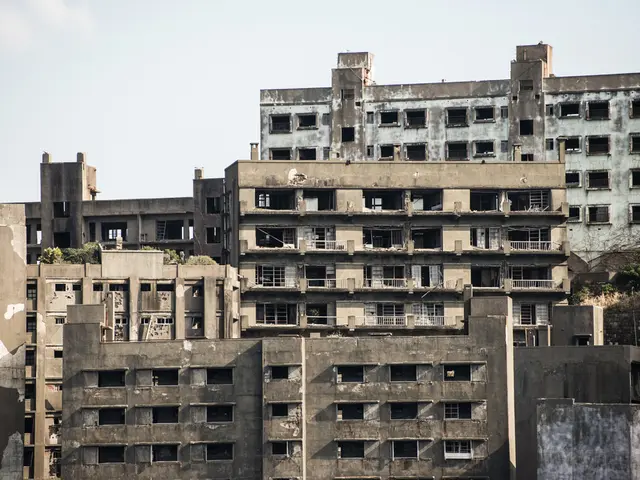International Monetary FundVoices Worry Over Money Laundering Activities in Philippine Casinos
The International Monetary Fund (IMF) has recommended that the Philippines strengthen its anti-money laundering (AML) controls in the casino sector, focusing on risk-based supervision and stringent AML measures to mitigate risks associated with casino operations, particularly targeting junket activities and high-risk transactions.
The IMF's recommendations are part of the broader National Anti-Money Laundering, Counter-Terrorism Financing, and Counter-Proliferation Financing Strategy (NACS) 2023-2025, aiming to ensure full compliance and reduce vulnerabilities in casinos.
PAGCOR, the regulator and operator of casinos in the Philippines, plays a crucial role in enforcing these AML controls. PAGCOR is responsible for enforcing AML regulations, conducting customer identity verification, monitoring large wagers, reporting suspicious transactions, and ensuring casino compliance with the national AML/CTF strategy.
The enhanced casino sector oversight by PAGCOR aligns with the Philippines' national efforts to exit the Financial Action Task Force (FATF) grey list by 2025 by reducing vulnerabilities to money laundering and terrorist financing within casinos, traditionally high-risk sectors for such financial crimes.
The IMF has also suggested that PAGCOR should better supervise casinos and VIP touring groups, particularly those bringing in Chinese high rollers to Manila's Entertainment City. Furthermore, the IMF endorsed a regulatory overhaul of PAGCOR, which regulates commercial casinos and operates its own state-owned gaming properties.
The IMF published a Financial System Stability Assessment for the Philippines on April 12, 2021, highlighting the susceptibility of casinos in the Philippines to money laundering. Despite easing quarantine requirements, casinos and resorts in the Philippines will remain closed through at least April 30, 2021, due to a COVID-19 spike.
The Philippines Inter-Agency Task Force on Emerging Infectious Diseases has declared that casinos, horse racing, cockfighting, lottery and betting shops, and other gaming establishments except for the draws conducted by the Philippine Charity Sweepstakes Office must remain closed. The Philippines has also amended the businesses subject to its anti-money laundering protocols to include Philippine Offshore Gaming Operators (POGOs).
In addition, the IMF recommends that legislative amendments be approved to give the Central Bank of the Philippines, US Securities and Exchange Commission, and Philippines Insurance Commission direct and full access to individual depositor information.
The combined approach of regulatory oversight by PAGCOR and national strategic implementation supports the Philippines' commitment to international AML standards and addresses vulnerabilities unique to casino operations. The last update on the news article was on June 23, 2025, at 08:05h. The IMF also recommends that PAGCOR sell off its own casinos and transition to a regulatory-only capacity, citing a conflict of interest in operating casinos while regulating competitors owned by commercial enterprises.
[1] [Source 1] [2] [Source 2] [3] [Source 3]






